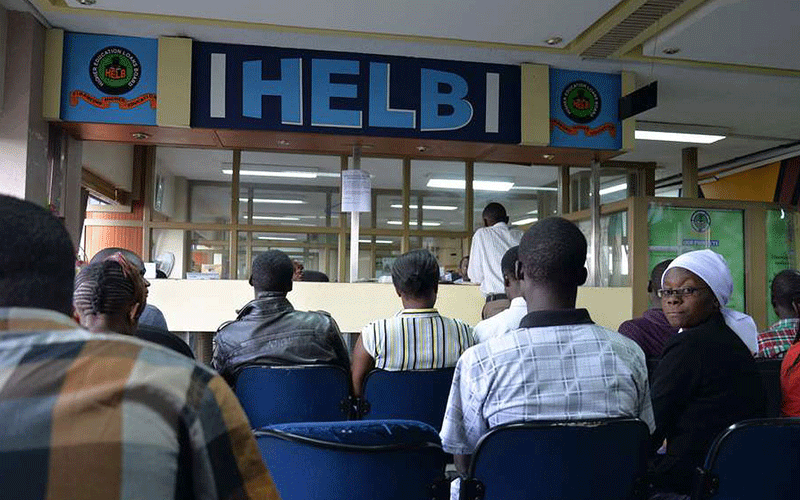Cost of university education locking out the poor
By People.Daily, January 25, 2022BY OSCAR OCHIENG AND WINNIE OGEJO
University education can seem out of reach for many low-income students. Often, they believe it is unaffordable and unattainable even if they have been shortlisted to join university through the government sponsored students’ programme.
It is no surprise that the proportion of students from the top socioeconomic quintile is 49 times larger than the proportion from the bottom socio-economic quintile.
The higher education sector faces serious equity, quality and financing challenges many of which have been exacerbated by Covid-19 pandemic. Statistics reveal that university enrollment in Kenya in the academic year 2019/20 rose from 509,468 to about 546,699 in 2020/21.
These figures clearly show there is a demand for higher education. The 2010 Constitution recognises that “every person has the right to education”.
This means the government has the responsibility to ensure its growing population have access to relevant education and training. Education is the engine of growth and key to the development in any society, based on its quality and quantity.
In order to make a significant contribution to economic growth and development, high quality education is required. There is this notion that university or college education guarantees success or that lack of it condemns people to failure.
Many Kenyans, however, especially parents from low-income status, have major concerns with the financial implications that come with pursuing higher education.
Although they may know very little about the details of higher education financing, they feel the tuition fee and other charges threaten the accessibility of education to many in their economic status.
A government that prioritises the quality of education offered to its citizens is one that is very deliberate in taking ownership of ensuring improved economic stability.
With increasing population and increasing cost of education against increasing demand all up against a decrease in the financial allocations, the government introduced cost-sharing in education at all levels.
This was done in a bid to cushion the income-poor against financial difficulties and to ensure that no students drop out of university.
The government established the Higher Education Loans Board (Helb) in 1995 to benefit university students, especially from lowincome families.
Since its inception, Helb has financed more than 1,126,308 students in public and private universities, technical training institutes and polytechnics to the tune of Sh117.8 billion.
According to Economic Survey 2020, there has been significant increase in the number of students seeking Helb funds from 89,488 in academic year 2019/20 to 122,831 in the academic year 2020/21.
Students have, however, faced several challenges in obtaining loans due to tedious requirements, like a mandatory recommendation letter from the chief to ascertain that the applicant hails from a particular geographical area and is a citizen.
In addition, an applicant is required to have a National Identity Card, KRA Pin, Parents’ ID, Guarantor’s ID, Parents’ pay slips, an affidavit from an advocate in some instances and parents’ death certificates in cases where parents are deceased.
Helb has had its share of challenges, in particular, inadequate funding from the exchequer, loan recovery and loan beneficiary tracer efforts and commitment to repayment on the part of beneficiaries.
Financing of higher education in Kenya plays a crucial role in equipping the fast growing labour force with the increasingly advanced skills needed to transform the country into a middle-income economy as envisaged in the Vision 2030.
Economists regard education as both a consumer and capital good, because it offers utility (satisfaction) to a consumer and also serves as an input to develop the human resources necessary for economic and social transformation.
The focus on education as a capital good related to the concept of human capital, which emphasizes that the development of skills is an important factor in production activities.
— Ochieng is a communication officer while Ogejo a researcher, both at the Institute of Economic Affairs (IEA-Kenya)
